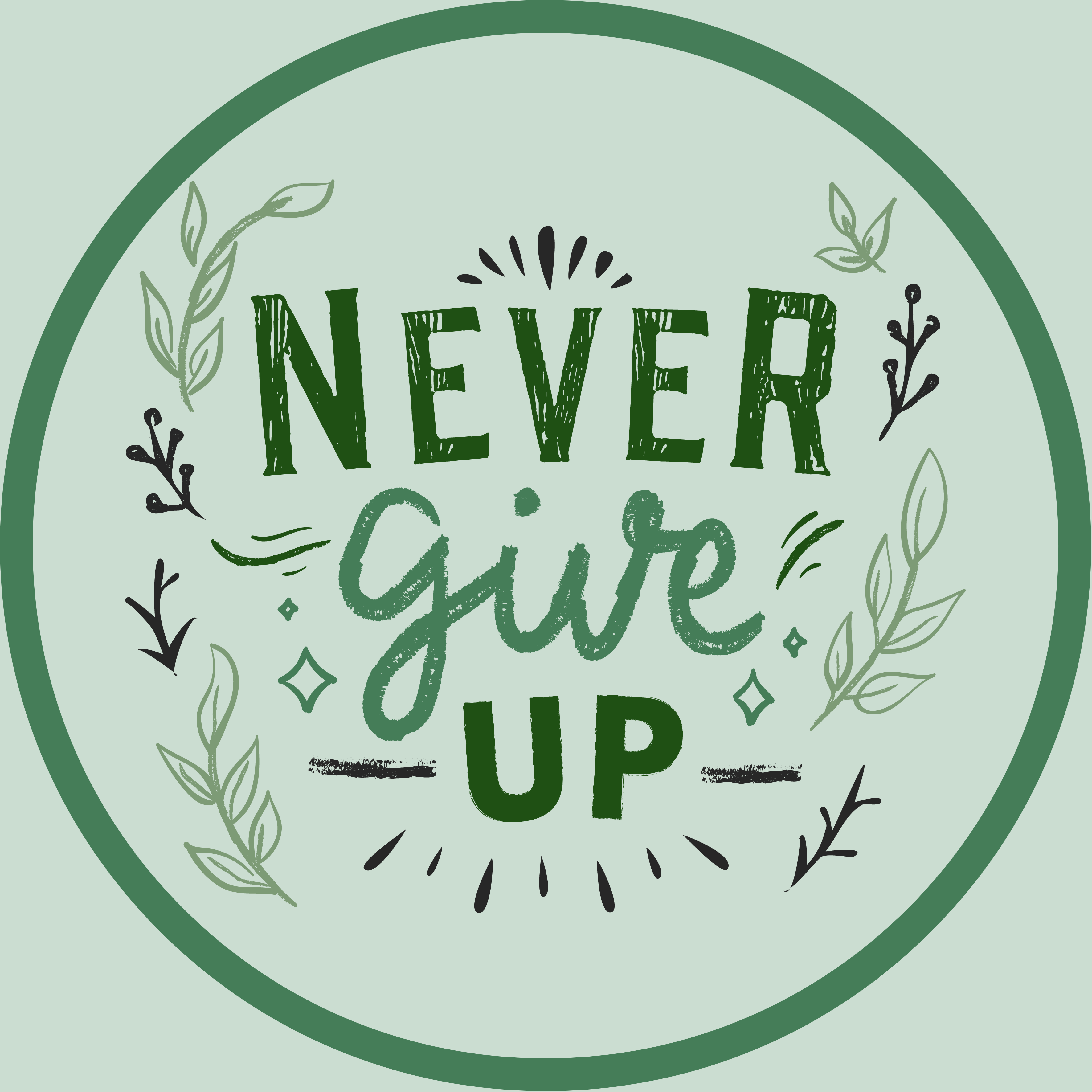How To Start Living A Zero Waste Lifestyle
Published at - February 26, 2022
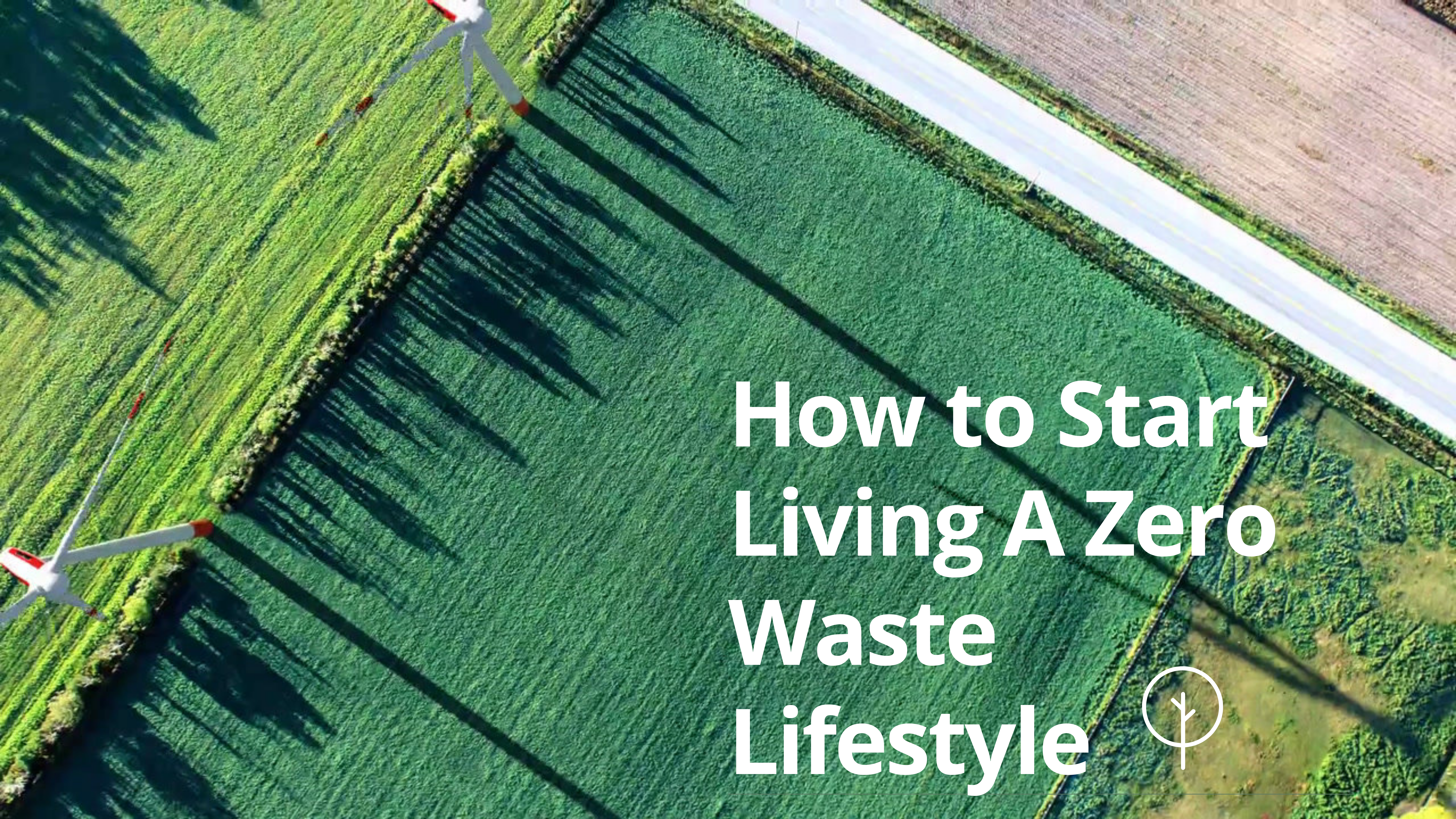
It takes some getting used to the idea of living a completely waste-free existence, because our modern lifestyles continuously demand that we focus our attention on consuming for the sake of consuming. We have forgotten many of the vital things in life as a result of the apparently continuous cycle of materialism. We work extremely hard and spend less than optimal amounts of time with our families and friends, neglecting our passions.
Living without waste does not imply that you must forego life's comforts; it just entails a more careful attitude to your purchasing decisions. You'll be doing yourself a favor by avoiding needless purchases and, as a result, lowering your own environmental impact. Ultimately. By decreasing your carbon footprint, you'll be helping the environment.
What Do We Know About Zero waste Living?
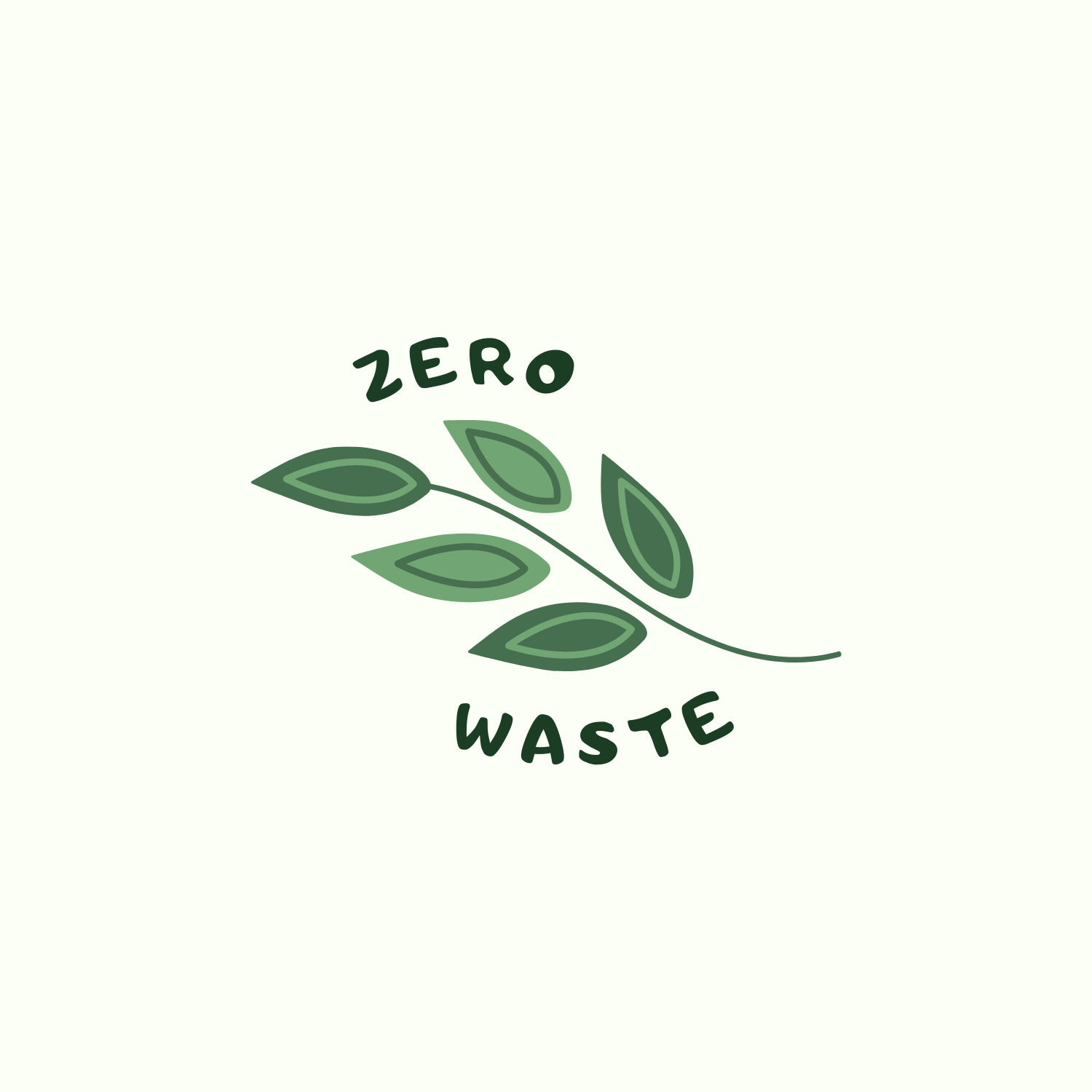
According to Wikipedia, Zero Waste is the conservation of all resources by means of responsible production, consumption, reuse and recovery of all products, packaging, and materials, without burning them, and without discharges to land, water or air that threaten the environment or human health. True, producing no garbage at all may seem unattainable, but when you select a zero waste lifestyle, you become more aware of how your shopping habits affect the environment. You're more conscious of what you eat and how you eat it. In brief, we pledge to reduce our consumption, reuse as much as possible, recycle as little as possible, and compost what we cannot.
We Should Adapt to Zero-Waste Lifestyle & This Is Why
What's the big deal about garbage, and why should you and I make an effort to decrease the amount of waste we generate? We have chosen a throwaway lifestyle and have lost sight of the worth of our possessions. We buy things just because we can, and as a result, we waste a lot of resources. The more we consume, the more garbage we generate that must be disposed of in landfills. Landfills are hazardous and contribute significantly to pollution. To decrease this type of harmful waste, we must limit our consumption and reuse more. A large portion of our garbage never makes it to the landfills. It's the garbage that you see on the side of the road. A large portion of this is plastic, which eventually ends up in the ocean. The environment, marine life, and human health are all threatened by this plastic. Is it possible to rely solely on recycling? No. It is insufficient. Many countries have excellent recycling systems, yet recycling alone is insufficient. There's just too much information to digest, and we're consuming far too much. Recycling isn't always the best option. While it contributes to the answer, we must reduce our reliance. In the first place, it's more vital to consume less and generate less waste. By just pledging to consume less and be more waste conscious, one individual can make a difference. As a result, it's critical that we all start doing our share.
It Is More Affordable to Live A Zero-Waste Lifestyle

A zero-waste lifestyle, according to the Center for EcoTechnology, can save you money over time. If you pack your lunch instead of buying it every day, for example, you will greatly minimize the quantity of garbage generated on a daily basis. When packing your lunch, use recyclable containers or fruits and veggies that will degrade organically.
How to Make a Zero-Waste Lifestyle Work for You
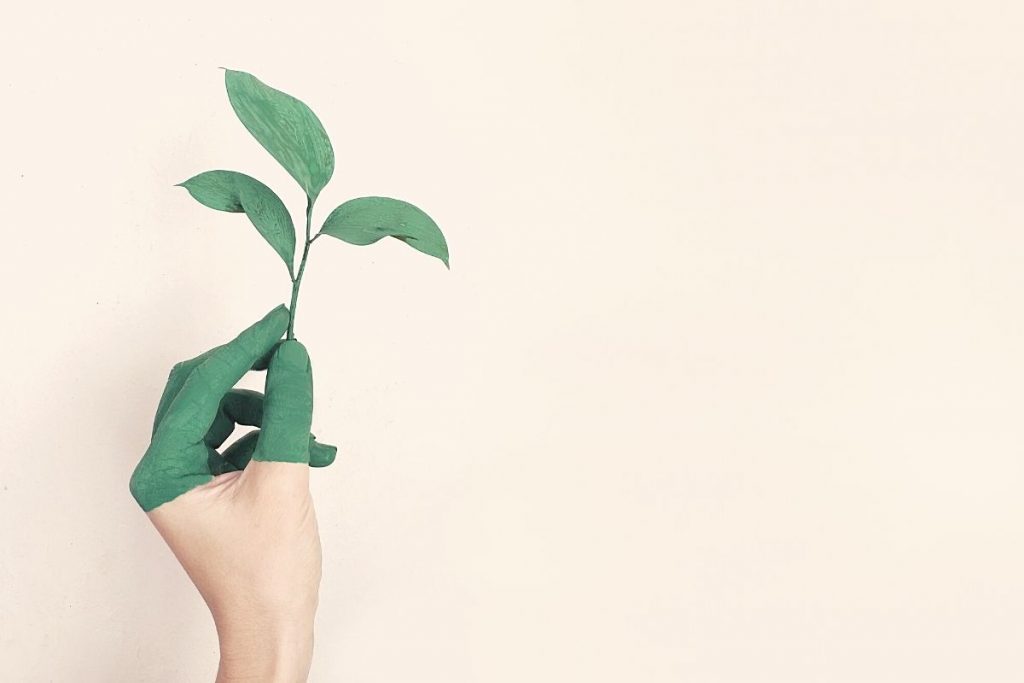
First and foremost, the procedure does not happen overnight, so don't be disheartened if it appears daunting at first. Disposable products are all around us, and changing a behavior that has been formed through time is difficult.
The good news is that you are capable of completing the task. All it takes is a little information and a lot of consistent practice. Disposable items should be replaced with reusable items
Because of how frequently we come into touch with throwaway products on a daily basis, disposable items are the leading cause of trash for most individuals.
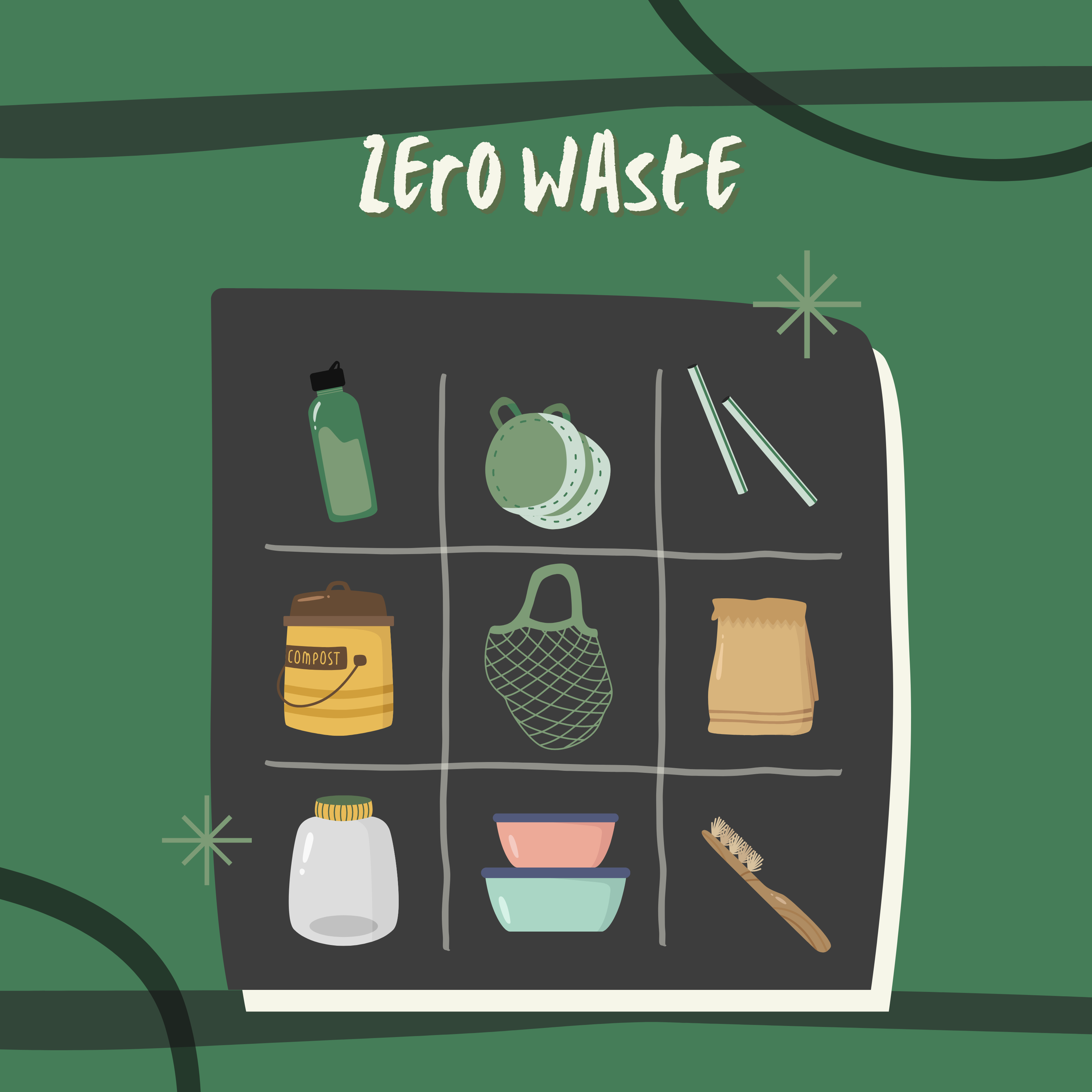
Any or all of the following things can be used as daily disposables:
- To-go cups made of plastic or cardboard
- Straws and straw wraps made of paper (including paper straws)
- Fast-food restaurant paper bags and wraps
- At the grocery shop, plastic bags are used.
- Water bottles or soda bottles made of plastic
- Cans made of aluminum
- Coffee filters made of paper
- Razors that can be thrown away
- Bottles of soap or body wash made of plastic
- Processed goods in cardboard boxes
- Processed foods in bags
Get rid of your plastic packaging
Glass and stainless-steel containers of different shapes and sizes are readily cleaned and reused, as well as transportable.
Disposable paper products should be avoided. Choose reusable cloth towels and napkins instead of paper towels and napkins. You'll save a lot of money if you don't use disposables.
Styrofoam is a potentially toxic material that should be avoided. Use ordinary reusable dishes instead. Several merchants sell certified biodegradable paper plates, bowls, cups, and napkins if you require a single-use solution.
Reduce food waste
Meal planning may help you revive leftovers, reuse food waste into jams and sauces, and extend your food budget.
Disposable paper products should be avoided
Choose reusable cloth towels and napkins instead of paper towels and napkins. You'll save a lot of money if you don't use disposables.
Styrofoam is a potentially toxic material that should be avoided. Use ordinary reusable dishes instead. Several merchants sell certified biodegradable paper plates, bowls, cups, and napkins if you require a single-use solution.
Plastic bags should be avoided
Make large shopping bags out of canvas, netting, cotton, or recycled/recyclable plastic. Most natural grocers sell them at around a dollar.
Don't buy single servings any longer. Purchase the largest possible size or purchase in bulk and split into smaller eco-friendly containers.
Mason jars should be brought
For bulk loose foods like rice, cereal, grains, oats, dried fruit, and beans, use reusable containers like mason jars. Cleaner for a variety of uses. Mix 12 cup white distilled vinegar with 1 cup water in a spray container, then add 10 to 20 drops of tea tree, lavender, lemon, or eucalyptus essential oil. Before usage, give it a good shake.
__Reduce using Water and Electricity __
When switching to a zero-waste lifestyle, this is another strategy you may use on a regular basis. Any of the following can help you reduce the amount of garbage you generate on a daily or weekly basis:
Reducing the amount of water and electricity used Trying to carpool as often as possible to reduce the amount of travel done every week
Buying in bulk as much as possible or shopping at a zero waste food store to reduce the quantity of plastic used in packaged products
Recycle as much as you can
While recycling is an important part of living a zero-waste lifestyle, it should not be the first step. When plastic is mislabeled as recyclable, it is really down-cycled.
When "recycled" plastic is taken to a recycling center, it is repurposed into a weaker form of the material. When that type of plastic is recycled, it is reused into a weaker form of the same material. Finally, once the plastic has been down-cycled to a non-usable substance, it is disposed of in a landfill.
Glass, metal, and paper goods are the most significant materials to recycle. These materials can be really recycled and reused indefinitely without deterioration.
Let the Organics Rot
Compost is generated when natural goods and food are used. Compost is the natural breakdown of organic materials that happens throughout the decomposition process. This is also known as rot or compost.
The most natural approach to dispose of organic things is to let them rot. These elements come from the ground and, through the decaying or composting process, are eventually returned to it. This is why many individuals who practice zero waste dispose of produce scraps, peelings, and cores outside. This will allow the natural composting process to take place, which will naturally eradicate the trash.
Finally, Never Give Up!!
Keep in mind that this will not be a quick procedure. The desire to learn how to live a zero-waste lifestyle is sometimes the most difficult step. A zero waste lifestyle may appear to be a tough or even impossible challenge to achieve, but it only takes a little bit of information and a lot of practice to embrace a new way of life.
At first, make little adjustments. Don't go around your house throwing out all of your plastic bags and bottles. When it comes to living a zero-waste lifestyle, this is the very worst thing you can do. Instead, reuse the plastic products you already have and pledge not to buy any more. After you've emptied the plastic bottles you've been using, you may replace them with soap bars or other alternatives. Disposable razors follow the same logic. Replace your disposable razor with a reusable premium razor once you've done using it.
On a daily or weekly basis, a zero waste lifestyle is undoubtedly the most effective personal contribution you can make in protecting the environment. You may make a long-term impact on the environment by lowering the amount of plastic you use each day and reducing your annual waste to just one tiny jar. Living a zero waste lifestyle is what this entails, and it only requires a few modest changes in your daily routine.You are not sacrificing anything by living a zero waste lifestyle. To make this happen, you just need to make a few modest lifestyle changes. What better present can you give future generations than to assist in the improvement of the one thing we all share: the earth?
